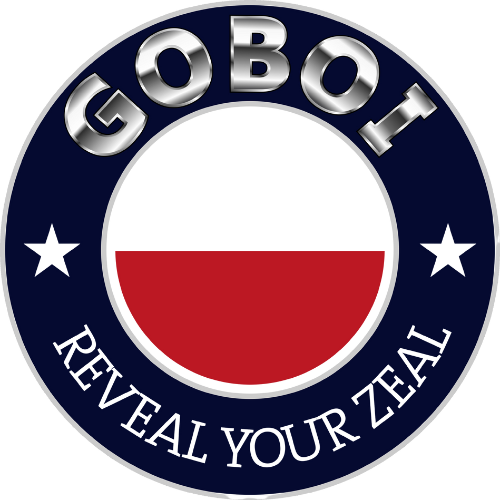The Best Team Manager Ever! How to Succeed and Foster Great Team Spirit
Being a hockey team manager is about more than organizing schedules—it's about fostering an environment where players, coaches, and families can thrive. While coaches handle training, player feedback, and game strategies, your role as a team manager is crucial in supporting a positive atmosphere and seamless communication. Here’s how to excel in your role and contribute to a winning team spirit.
1. Communication: Your Link Between Everyone
As a team manager, you’re the go-to person for communicating essential information between coaches, players, and families. Keeping everyone in the loop about game schedules, practice times, and any changes helps avoid confusion and ensures smooth operations.
Effective communication also means listening to the concerns and feedback from players and parents. By being approachable and open, you help bridge any gaps between the coaching staff and families, making sure everyone’s voice is heard and understood.
2. Organizing Events and Delegating Tasks
One of your key responsibilities is to organize team events, tournaments, and other activities that keep the team engaged and on track. This includes everything from coordinating travel arrangements to managing event logistics.
In addition to organizing, you also need to guide and delegate tasks to ensure everything runs smoothly. This might involve assigning roles to volunteers, managing schedules, or overseeing the setup and execution of team functions. By efficiently organizing and delegating, you ensure that the team’s activities are well-coordinated and stress-free.
3. Building Trust: Essential for Team Success
Trust is the foundation of any successful team, and as a manager, you can play a key role in building it. Your reliability, transparency, and consistency in handling team matters help establish trust with players, coaches, and families.
Show that you’re invested in the team’s success by supporting coaches and players, celebrating achievements, and being present during challenges. When everyone sees that you’re committed and dependable, it strengthens the trust within the team.
4. Creating a Culture of Collaboration
While coaches are responsible for training and feedback, you can foster a collaborative environment by supporting their efforts and encouraging teamwork among players. Create opportunities for team-building activities and facilitate open dialogue between team and families.
Encourage players to support each other both on and off the ice. By promoting a culture of teamwork and mutual respect, you help build a stronger, more cohesive team. Your role in facilitating these interactions helps create a positive and collaborative atmosphere.
5. Supporting Feedback Culture: Encouragement and Communication
Coaches are responsible for providing feedback and guiding players’ development. However, you can support this process by creating an environment where feedback is embraced and valued. Encourage open communication and help manage any concerns that arise.
As a manager, you can also facilitate positive interactions between families and the coaching staff. By acting as a liaison, you ensure that feedback is communicated effectively and that players and parents feel supported in the process.
6. Fostering an Atmosphere of Growth and Change
Encourage a mindset that embraces growth and change. While coaches lead the training and development, you can support their efforts by promoting a culture that values continuous improvement. Celebrate progress and achievements, and help players see challenges as opportunities for growth.
Your role involves creating an environment where players feel motivated to push their limits and embrace new ideas. By fostering an atmosphere that supports change and development, you help the team stay engaged and excited about their progress.
Wrapping It Up: Your Role in Creating Team Spirit
As the best team manager ever, your role is to support and enhance the efforts of the coaching staff, facilitate communication, and contribute to a positive team environment. By focusing on effective communication, organizing events, building trust, fostering collaboration, supporting feedback culture, and encouraging growth, you help create a team that thrives both on and off the ice.
If you're ready to elevate your team management skills and contribute to a winning team spirit, take these tips to heart and make a positive impact.
Check out the GoBoi Store's hockey collection

